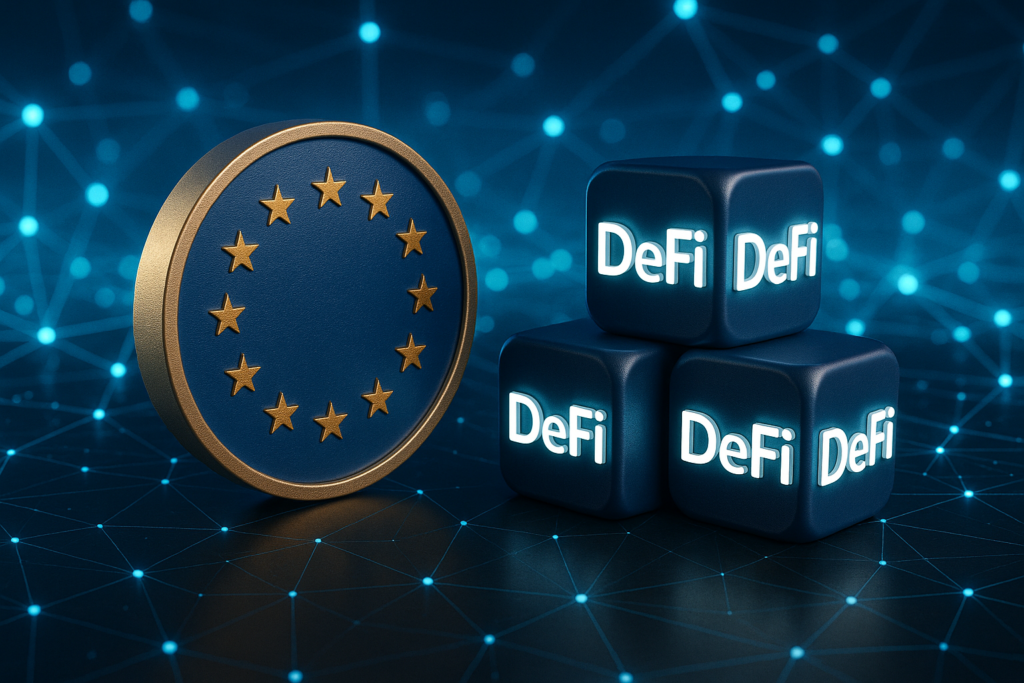Lack of Definition for “Decentralization” Creates Regulatory Uncertainty
The European Union is gearing up to regulate decentralized finance (DeFi) starting in 2026, but regulators still face a critical obstacle: defining what “decentralization” actually means under the EU’s landmark Markets in Crypto-Assets Regulation (MiCA).
MiCA, the world’s first comprehensive crypto regulatory framework, went into effect on December 30, 2024. While MiCA has brought clarity to many areas — such as stablecoins, investor protection, and crypto asset licensing — it has left a gray zone around DeFi protocols, according to Vyara Savova, senior policy lead at the European Crypto Initiative (EUCI).
“No one actually knows what EU policymakers mean by DeFi,” said Savova during Cointelegraph’s Chain Reaction X Spaces event on June 4.
MiCA Excludes Some DeFi Protocols — But Not All
While MiCA imposes strict rules on centralized crypto service providers — including Know Your Customer (KYC) and licensing requirements — it notably does not clearly address decentralized platforms. A key clause, Recital 22, mentions that fully decentralized service providers should fall outside the regulation’s scope, leaving partial or hybrid DeFi protocols in limbo.
This ambiguity could result in enforcement inconsistencies and legal risks for projects that don’t fully meet the undefined threshold of “decentralization.”
DeFi Regulation Set for 2026 — But MiCA 2 Won’t Happen
Savova said EU authorities are expected to start developing DeFi-specific regulation by mid-2026, including efforts to legally define decentralization and determine which platforms require oversight.
However, calls for a broader MiCA II framework appear to be fading. Marina Markezic, executive director of EUCI, confirmed:
“You have probably heard about a potential MiCA II. It’s not happening.”
Instead, the EU plans to refine MiCA incrementally through 12- to 18-month review cycles, addressing specific gaps without drafting a new overarching law.
Regulatory Landscape in Flux
The absence of clear DeFi guidelines puts projects at risk of compliance challenges, especially those operating under pseudonymous or community-led governance models. As global regulators move to address DeFi — from the SEC in the U.S. to the FCA in the UK — Europe’s evolving stance will likely have a major influence on how DeFi scales within regulated markets.
